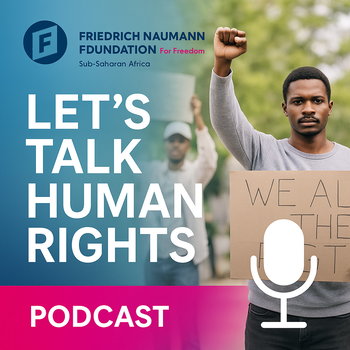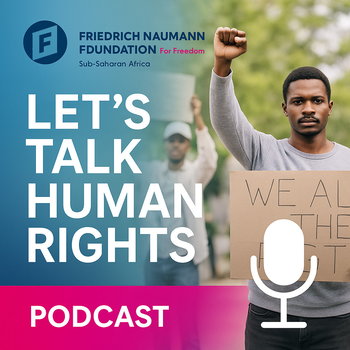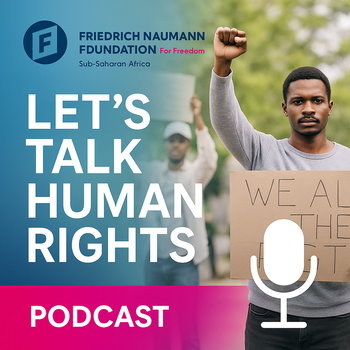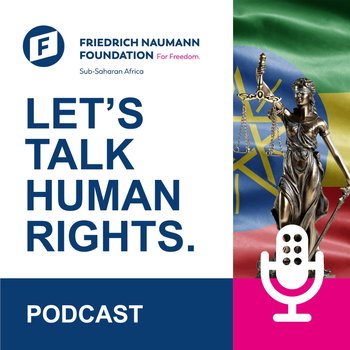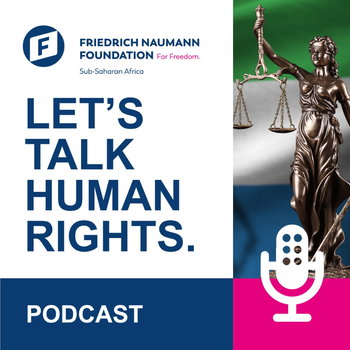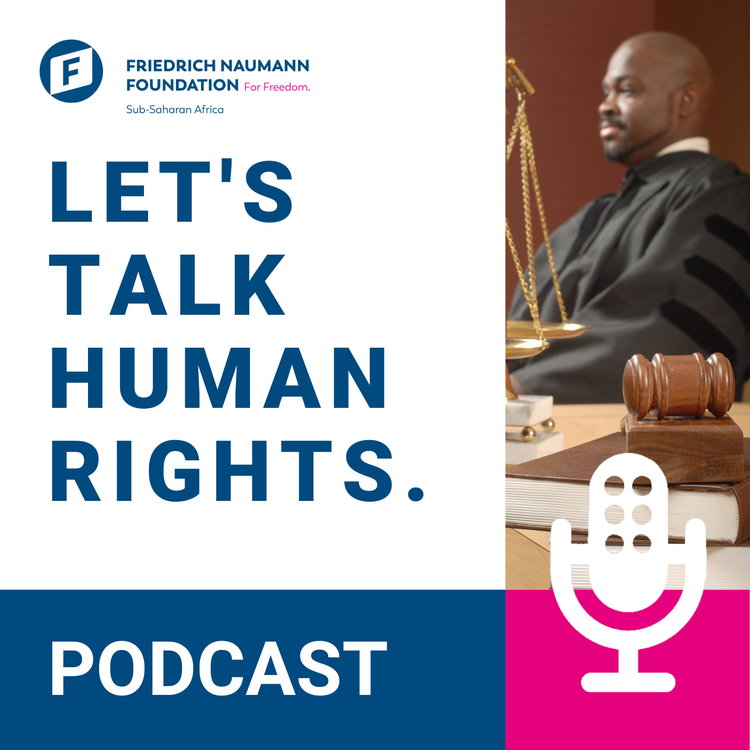
S03.E06 - The Malabo protocol on the African court - Can justice be served?
Loading player...
According to the website of the International Service for Human Rights, the United Nations Declaration on Human Rights Defenders defines a human rights defender as anyone working for the promotion and protection of human rights.
This broad definition encompasses professional as well as non-professional human rights workers, volunteers, journalists, lawyers and anyone else carrying out, even on an occasional basis, a human rights activist. The Declaration further articulates existing human rights in a way that makes it easier to apply them to the situation of human rights defenders.
It specifies how the rights contained in the major human rights instruments, including the right to freedom of expression, association
and assembly, apply to defenders. It also outlines the specific duties of States and the responsibility of everyone with regard to defending human rights.
With this said, one is reminded that the the frame work to protect and advance the work of human rights defenders is recognised and its importance and relevance are tantamount to protecting people. This is clear. So what of the African Court on the Human and Peoples Rights? On their website, the Court was established by virtue of Article 1 of the Protocol to the African Charter on Human and Peoples’ Rights on the establishment of an African Court on Human and Peoples’ Rights (hereon
referred to as the Protocol).
The Protocol establishing the African Court on Human and Peoples’ Rights was adopted on 9 June 1998 in Burkina Faso and came into force on 25 January 2004 after it was ratified by more than 15 countries. The mandate of this Court is to complement and reinforce the functions of the African Commission – often referred to as the Banjul Commission), which is a quasi-judicial body charged with monitoring the implementation of the Charter. The Court applies the provisions of the African Charter on Human and Peoples’ Rights and other human rights instruments ratified by the States concerned. It does not have criminal jurisdiction like the International Criminal Court. So where are we with this today?
In this episode we are joined by Dr Chidi Odinkalu. Dr Chidi Anselm Odinkalu is a Professor of Practice in International Human Rights Law at the Fletcher School. He previously chaired Nigeria’s National Human Rights Commission and served on the panel of eminent persons that negotiated the return of The Gambia to the Commonwealth in 2017.
This broad definition encompasses professional as well as non-professional human rights workers, volunteers, journalists, lawyers and anyone else carrying out, even on an occasional basis, a human rights activist. The Declaration further articulates existing human rights in a way that makes it easier to apply them to the situation of human rights defenders.
It specifies how the rights contained in the major human rights instruments, including the right to freedom of expression, association
and assembly, apply to defenders. It also outlines the specific duties of States and the responsibility of everyone with regard to defending human rights.
With this said, one is reminded that the the frame work to protect and advance the work of human rights defenders is recognised and its importance and relevance are tantamount to protecting people. This is clear. So what of the African Court on the Human and Peoples Rights? On their website, the Court was established by virtue of Article 1 of the Protocol to the African Charter on Human and Peoples’ Rights on the establishment of an African Court on Human and Peoples’ Rights (hereon
referred to as the Protocol).
The Protocol establishing the African Court on Human and Peoples’ Rights was adopted on 9 June 1998 in Burkina Faso and came into force on 25 January 2004 after it was ratified by more than 15 countries. The mandate of this Court is to complement and reinforce the functions of the African Commission – often referred to as the Banjul Commission), which is a quasi-judicial body charged with monitoring the implementation of the Charter. The Court applies the provisions of the African Charter on Human and Peoples’ Rights and other human rights instruments ratified by the States concerned. It does not have criminal jurisdiction like the International Criminal Court. So where are we with this today?
In this episode we are joined by Dr Chidi Odinkalu. Dr Chidi Anselm Odinkalu is a Professor of Practice in International Human Rights Law at the Fletcher School. He previously chaired Nigeria’s National Human Rights Commission and served on the panel of eminent persons that negotiated the return of The Gambia to the Commonwealth in 2017.

